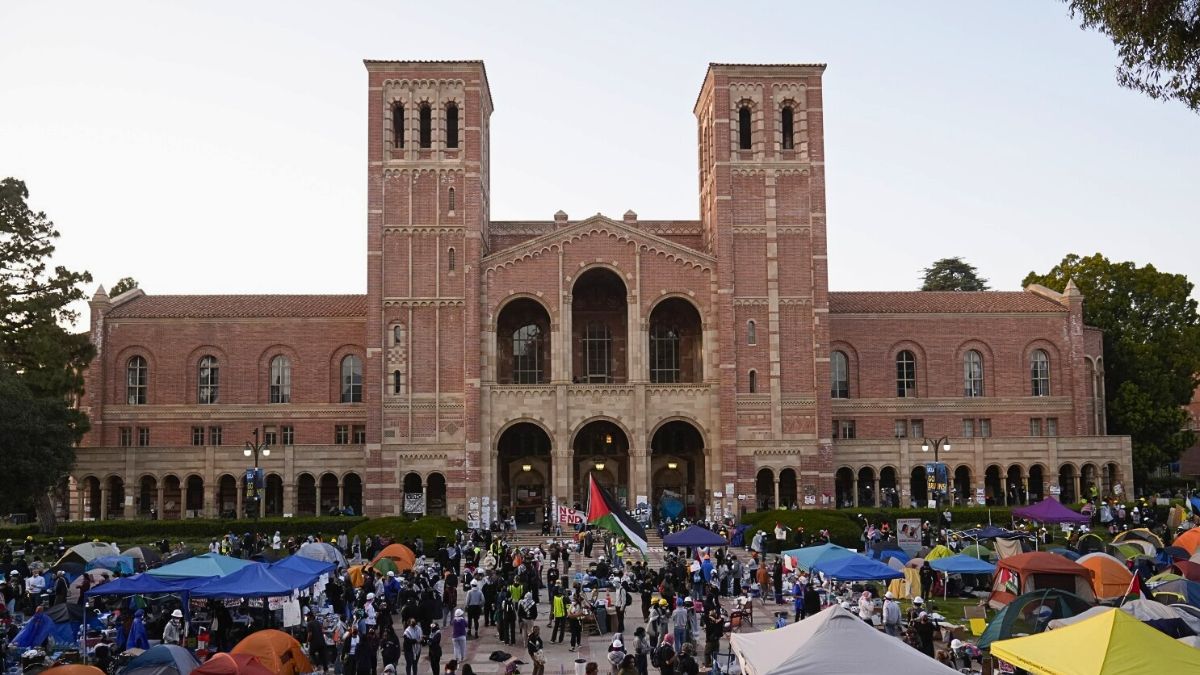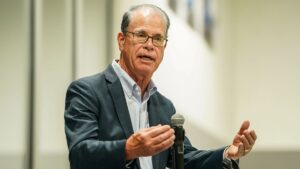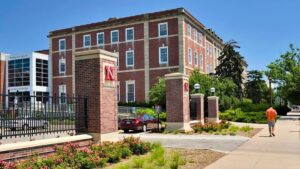A federal judge has just stepped in to reverse part of the Trump administration’s decision to freeze hundreds of research grants at UCLA. The issue? Alleged violations of diversity, equity, and inclusion (DEI) policies. But the impact was much deeper—jobs lost, research stalled, and millions in funding on pause. Now, thanks to a new ruling, over a third of those suspended grants are coming back. Here’s what really happened—and what it could mean for the future of university research across the country.
Ruling
In June, Judge Rita F. Lin issued an injunction to stop the National Science Foundation (NSF) from terminating grants at the University of California. On Tuesday, she ruled that even suspending the grants violates that same order. According to her, suspensions cause the same kind of harm as terminations. When research is halted, labs close, jobs disappear, and crucial work is shelved. So in her view, calling it a “suspension” instead of a “termination” doesn’t change the outcome.
Her order means the NSF must restore a portion of the frozen grants immediately—specifically, those where the suspension mirrored a termination in all but name.
Arguments
The Department of Justice (DOJ), representing the NSF, tried to argue that they hadn’t violated the court order because they merely suspended the grants. But Judge Lin didn’t buy it. She emphasized that the effects on the researchers are the same, and so the court must treat the suspensions like terminations.
Meanwhile, Erwin Chemerinsky, the researchers’ attorney and UC Berkeley’s law school dean, said the government’s logic was a game of semantics. From the perspective of the scientists, he argued, whether you call it a suspension or a termination, the labs still shut down, and the research dies on the vine.
Impact
On July 30 and 31, over 800 grants—worth more than $500 million—were suspended at UCLA. The agencies involved included the NSF, National Institutes of Health (NIH), and the Department of Energy. The reasons cited were broad and politically charged: from antisemitism on campus to affirmative action and gender policy issues.
That freeze sent shockwaves across the UCLA research community. Postdocs and grad students faced job loss, ongoing studies were halted mid-progress, and many feared permanent setbacks in their academic careers.
Comparisons
The federal government pointed out that UCLA isn’t the only school affected. Ivy League institutions like Columbia, Brown, and the University of Pennsylvania also had funding suspended. Each university has since made changes or paid settlements to restore their grants. Brown, for example, agreed to pay $50 million. Columbia settled for $200 million and made policy shifts.
The DOJ said UCLA could follow suit and even contest some individual grants for reinstatement. They highlighted a similar case with Harvard, where a national defense project had its funding restored.
| University | Settlement Amount | Changes Made |
|---|---|---|
| Columbia University | $200 million | Policy changes |
| Brown University | $50 million | Policy changes |
| University of Pennsylvania | Undisclosed | Removed transgender athlete from records |
| UCLA | Proposed $1 billion | Major policy overhaul required |
Conditions
To restore full funding, UCLA is facing a steep ask: a $1 billion settlement. But it’s not just about the money. The federal government wants UCLA to make major policy changes. These include eliminating race- and ethnicity-based scholarships, halting gender-affirming care, and revising its protest policies. They also want an independent monitor to oversee compliance.
Unsurprisingly, UCLA’s leadership is pushing back. UC President James Milliken warned that the financial hit would cripple the entire UC system. He emphasized that UCLA has a responsibility to taxpayers and that a billion-dollar payout is not just extreme—it’s devastating.
Fallout
The University of California Board of Regents held an emergency meeting to figure out next steps. Details are scarce, but it’s clear that university leaders are under immense pressure. They’re weighing whether to fight back or settle—and at what cost.
There’s a growing sense that what’s happening at UCLA could set a precedent for how federal agencies use funding to enforce ideological standards on public institutions. Whether you view that as accountability or overreach depends on where you stand.
This ruling offers a bit of breathing room for UCLA researchers, but the battle is far from over. With billions on the line and students’ futures hanging in the balance, this legal showdown could reshape how public universities navigate the crossfire of politics and research.
FAQs
Why were UCLA grants frozen?
Due to alleged DEI violations and gender policy issues.
What did the judge rule?
Suspensions are equal to terminations and violate court order.
How many grants were affected?
Around 800 grants worth over $500 million were frozen.
What is UCLA being asked to pay?
A $1 billion settlement to restore full research funding.
Which other schools were affected?
Columbia, Brown, and Penn also faced similar grant freezes.




